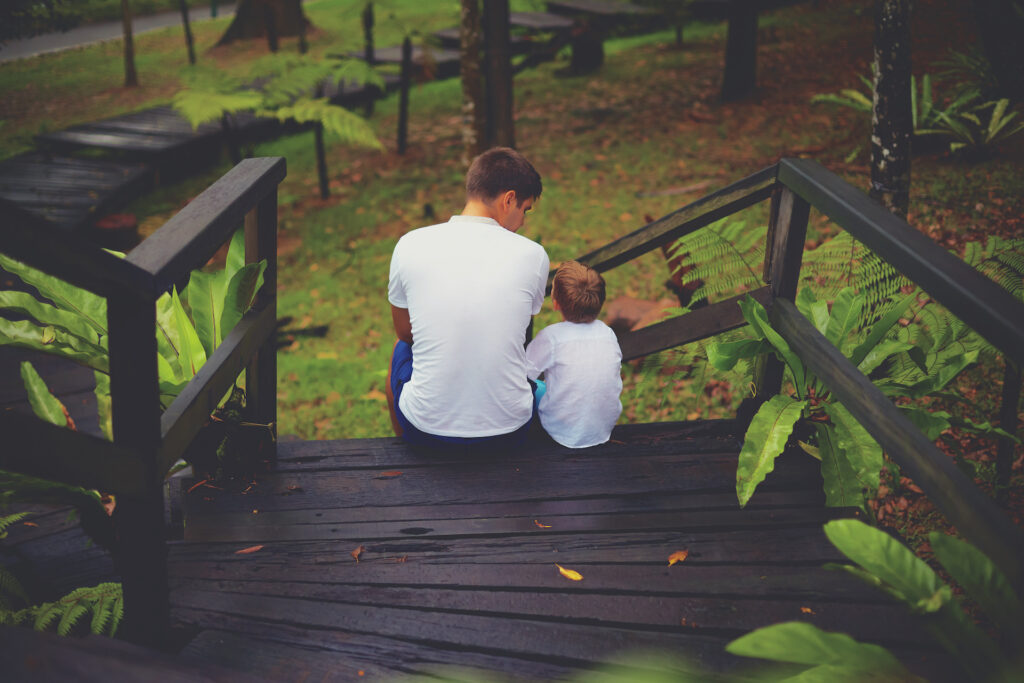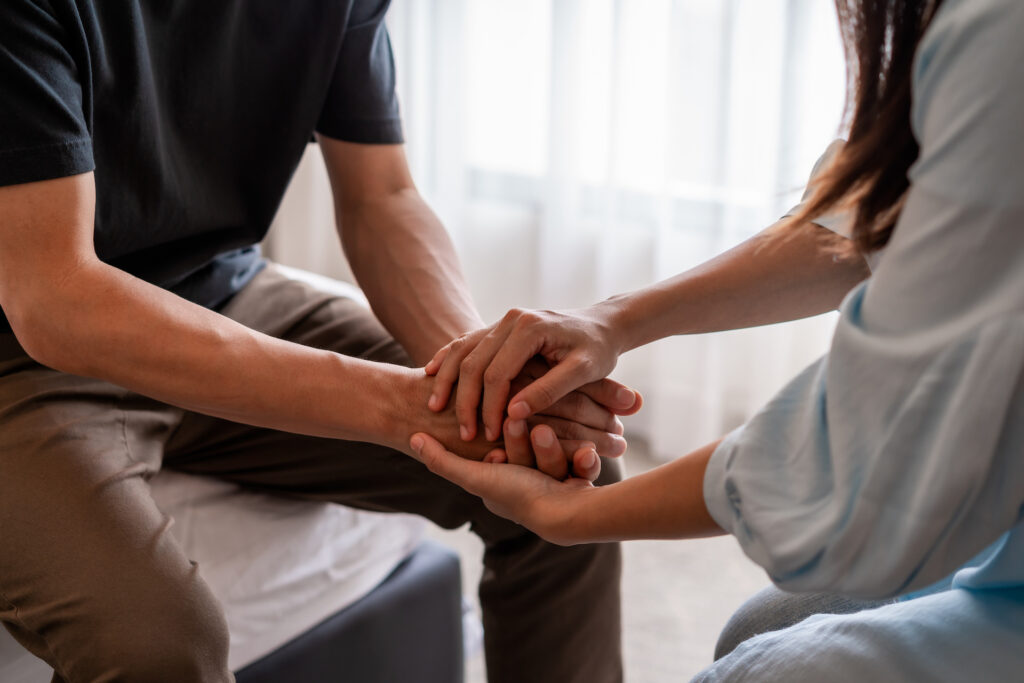Inner child work is gaining more and more popularity due to how effective it is. Our inner child is a part of us and can be a way to address and heal the needs we didn’t get as a child. But what is the wounded child within? How do we work with this sensitive place within us and what are the benefits of getting into this kind of deep healing? These are questions we aim to answer throughout this blog.
Who is the Inner Child?
The child in us is a felt reality. When we feel very stressed, overwhelmed, or deeply hurt, we often feel vulnerable. This vulnerability can sometimes be felt even as helplessness or powerlessness. This is the child in us.
The inner child is the version of us as a child. The child in us carries our earliest wounding as well as our natural joy, aliveness, openness, and spontaneity.
When we suddenly become reactive or when we feel small, stuck, or frozen, it is the child in us that gets poked. When our early wounding gets activated by a situation, we revert to an earlier version of ourselves and begin to relive what was difficult in the past. We begin to see everything through the eyes of the wounded child in us.

Healing Your Inner Child
It is essential to become aware of the wounded child within. When we don’t acknowledge our wounds, we tend to feel very stuck in life, or we charge ahead blindly and hurt ourselves (and often others) in ways we might regret later on.
In therapy, people often get in touch with the wounded child through the guidance of a therapist. Recognizing our wounding doesn’t make us turn into this child. We don’t have to get lost in the sense of powerlessness or numbness of the child in us. We can keep our adult capacities, and from there get in touch with this very sensitive place in us.
Healing the inner child also requires that I know how to say “no” to people and situations that may not be healthy for me. This kind of positive boundary-setting is essential for deep healing and true well-being.
Why This Work is Beneficial
The wounded inner child is often the greatest obstacle in our relationships. When we are not aware of our early wounding, we become this child and relate to people and relationships from a disempowered place.
As a result, people might either become aggressive in relationships or disappear altogether, doing everything possible to please their partner so that they don’t leave.
These dynamics often lead to codependency and very turbulent relationships where real trust and safety are only distant fantasies we keep waiting for.

Useful Tips and Steps
- Have pictures around you of yourself as a child. This will help you remember the child in you more often and feel connected with them.
- Find a therapist who knows about inner-child work. If you can, try to commit to at least 6 months of regular sessions.
- Observe the children in your life. See their innocence and beauty and joy. These are the very qualities of the child in you, waiting for you to connect with them even more deeply.
- Make a list of important memories from your childhood. Include difficult experiences and times in your life as a child and teenager. Include what was most valuable for you and connect with the emotions you might experience around these memories.
- Stay connected with your healthy boundaries. Express yourself fully and consistently with the people around you.
- Get to know your shame and fears deeply. These two difficult emotions have their roots in our early wounding and conditioning. Keep working through them until they let go of their grip on your well-being.
The child within is worth getting to know. Healing from early wounding isn’t easy, and many difficult emotions will emerge as you start your journey. But reconnecting with your inner child can offer a deep level of healing and peace. You don’t have to heal alone, reach out for support from friends, family, or a professional.
At Sunshine Coast Health Centre and Georgia Strait Women’s Clinic, we provide a nurturing environment where individuals can benefit from various therapies to support their treatment and recovery. If you or someone you know is looking for support with mental health and substance use, visit our website or contact us today.



